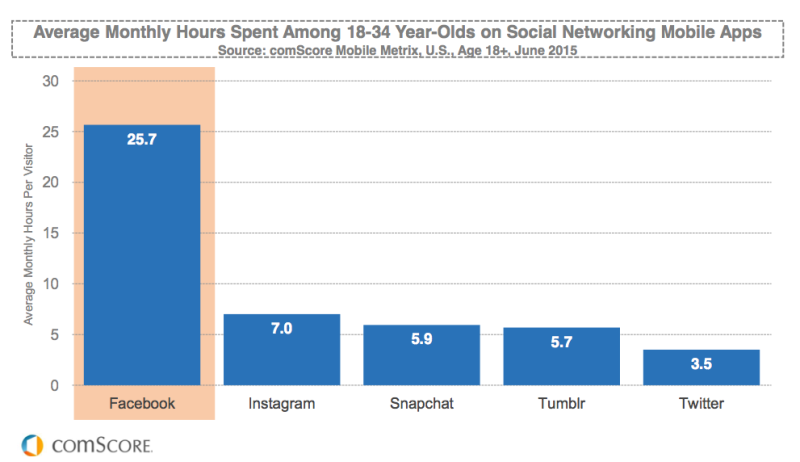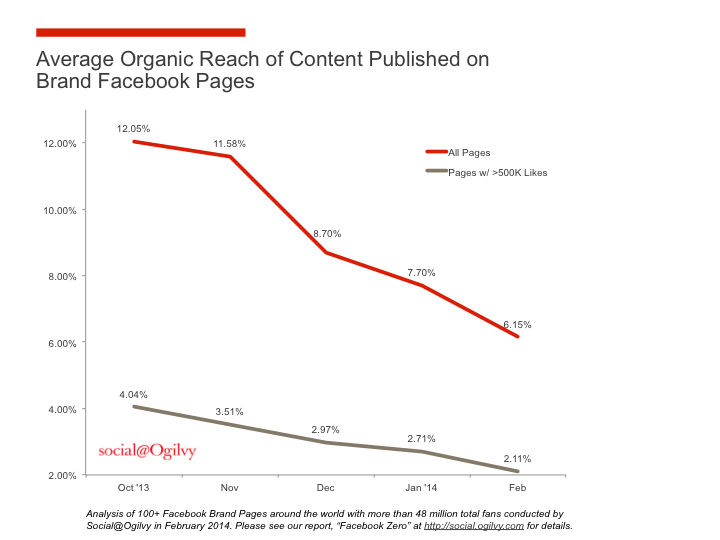Of all the components of the modern web, nothing feels quite as futuristic—or baffling—as algorithms. They dominate how we use the Internet. Google’s algorithm is an impenetrable object of fascination for SEO experts, while Facebook’s algorithm has become the subject of sci-fi stories, lengthy features, and even XKCD comics.
Now, two more of the world’s most dominant social networks are getting their own powerful algorithms.
Instagram, which is owned by Facebook, announced the gradual move to an algorithmic timeline on March 15, meaning users will no longer see images show up chronologically. Twitter, meanwhile, introduced algorithmic features to its timeline in both January and February. Those who use the network may have noticed “While You Were Away” tweets near the top of their feed in addition to optional “best tweets.”
While power users protested the respective moves, it’s not surprising that the two services are adopting algorithms. Both Twitter and Instagram defended the change with a similar argument: There is simply too much content for most users to keep up with.
The defense makes some sense. Instagram has grown significantly in the past few years, and users who spend hours sifting through their feeds may appreciate the change. Twitter is often overwhelming to new users because of the flood of tweets that pile up every minute.
Many experts also argue that algorithms keep more casual users engaged—or addicted, depending on who you talk to. On The New Inquiry, technology blogger Rob Horning argues that algorithms make using social networks more rewarding—and more integral to our sense of selves.
“When the algorithms parse us, shaping what we see and what is served to us, they make us into a product we can ourselves consume,” he writes. “We get to enjoy how well Facebook has stereotyped us and feel known, recognized. And when it predicts poorly, we can take comfort in how that proves our ineffability, our rich complexity.”
Since the algorithms took effect, Facebook’s constant growth has supported this theory. The service thoroughly dominates time spent among millennials.

But in addition to practical and emotional considerations, monetization is probably the biggest reason for the change. As Facebook has demonstrated since its move to an algorithm-driven News Feed in 2009, abandoning chronology can do wonders for revenue. Algorithms kill organic reach for brands, and eliminates their ability to inflate reach by simply posting as much as possible. In turn, it forces those brands to invest in paid distribution if they want people to see their content.
After Facebook changed its algorithm, organic reach for brands plummeted from 12 percent in 2013 to 6 percent in 2014. Since then, organic reach has dropped even more as Facebook has continued to tinker with its algorithm.

Facebook undoubtedly saw an algorithm as the key to capitalizing on the massive cash cow of Instagram. eMarketer predicts that Instagram will see a boom in ad revenue in the next few years—bringing in an annual return of $4.5 billion by 2019.

For anyone who relies on Instagram’s organic reach, the changes are disheartening. But when you see the impact an algorithm can have, at least they’re understandable.
Image by
McIek